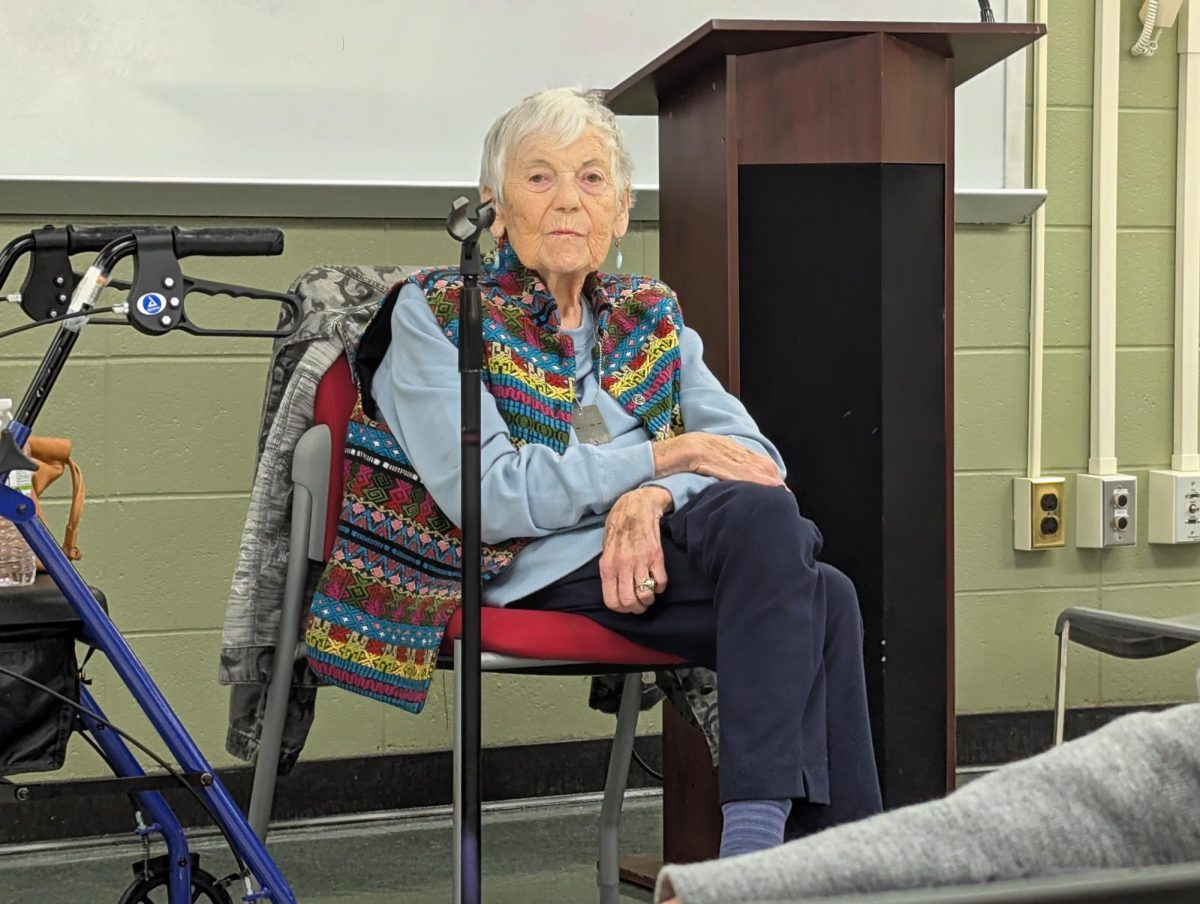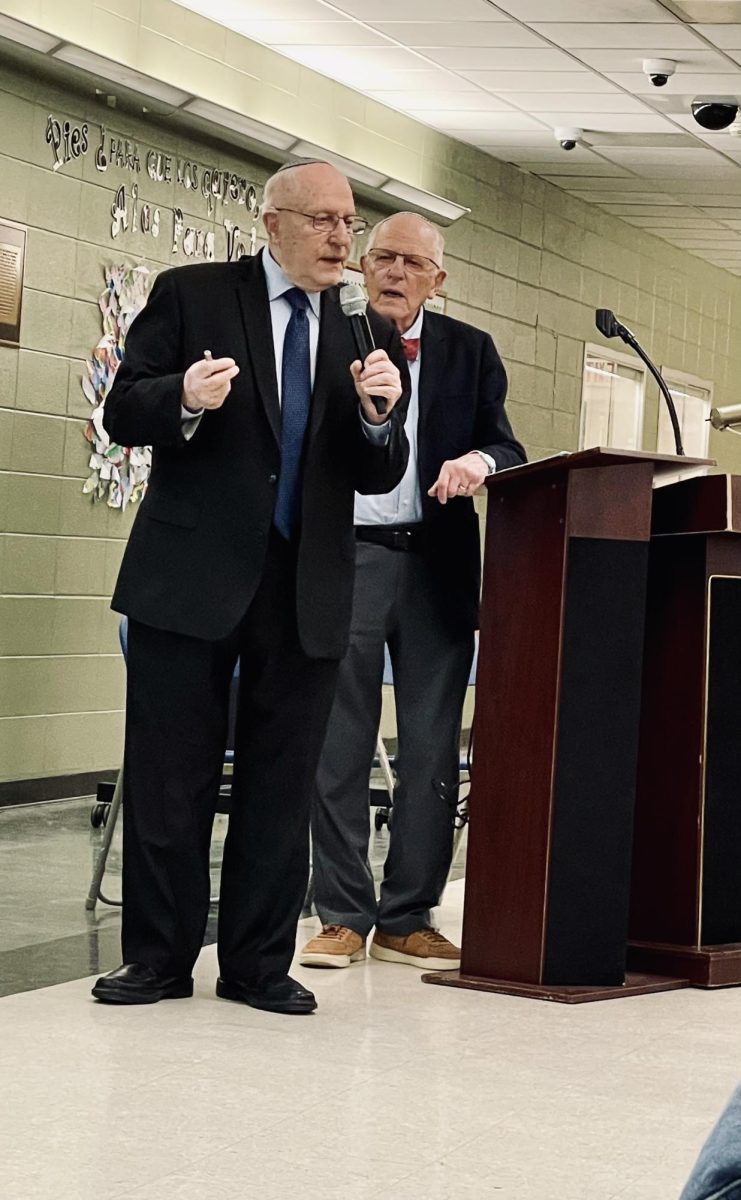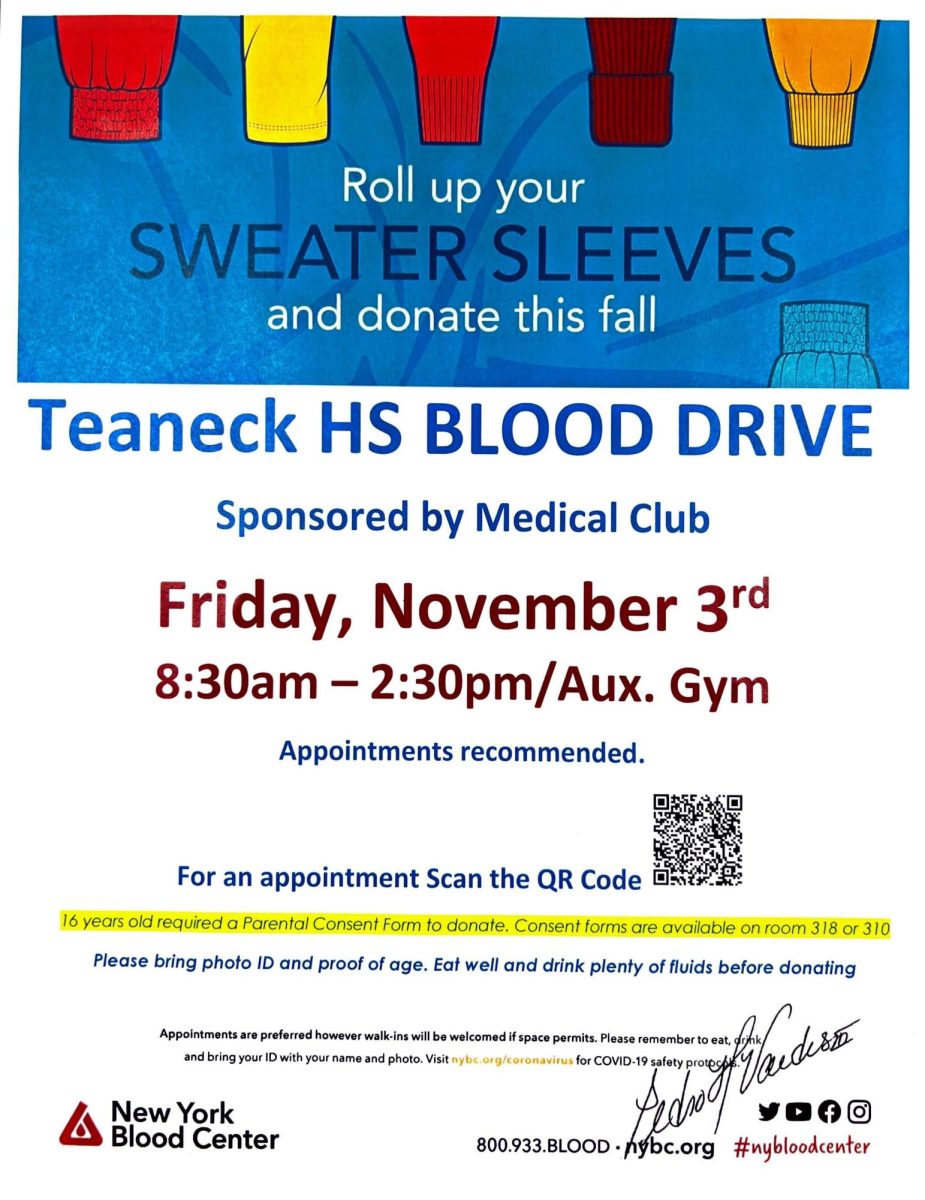13th
January 26, 2020
The Teaneck community was invited to the Teaneck High School Student Center on the evening of January 13, 2020 to watch and discuss the captivating Netflix documentary 13th directed by Ava DuVernay. The title of her film refers to the 13th Amendment of the Constitution: “Neither slavery nor involuntary servitude, except as a punishment for crime whereof the party shall have been duly convicted, shall exist within the United States.” Through comments from interviewees ranging from scholars, to Civil Rights activists, to politicians, DuVernay explores how the provocative permanence of the words in between the commas of the 13th Amendment dragged America into the epidemic of mass incarceration with a current prison population of 2.3 million.
Throughout the film, one word is repeated and flashed in bold, white letters, prodding for viewers’ attention: CRIMINAL. The effect grabs the audience, pressing their eyes, minds, and ears to the screen, making them notice even more repeated phrases: truth in sentencing, war on drugs, tough on crime, law and order, minor crimes.
While the audio plays speeches of Martin Luther King Jr., the film shows black-and-white videos of African Americans being beaten in bars, pushed in streets, absorbing the blows and continuing on with their day. The film then continues to show more recent videos of African Americans being pushed, punched, and spit on during Trump rallies in 2016.
The documentary’s 100 minute run time explores 150 years of America’s history of oppression, how analyzing the country’s “efforts to create reforms… inevitably lead to more repression” (Angela Davis). The film ends after a comment by Bryan Stevenson, questioning how people could have tolerated and made peace the brutality of “that time,” including slavery, segregation, and lynching—and then stating “we are living at this time, and we are tolerating it.”
The evening ended with discussions led by Judge James Young and Attorney Jason Foy. Both urged students to ask questions, reminding everyone in the room to know their rights and know what to do if ever arrested or brought in for questioning.
Through carefully viewing the documentary, students and adults alike notice how throughout America’s history, millions of African Americans have been forced behind bars during a time of alleged “color blindness,” and denied the rights that they had supposedly won in the Civil Rights Movement.




